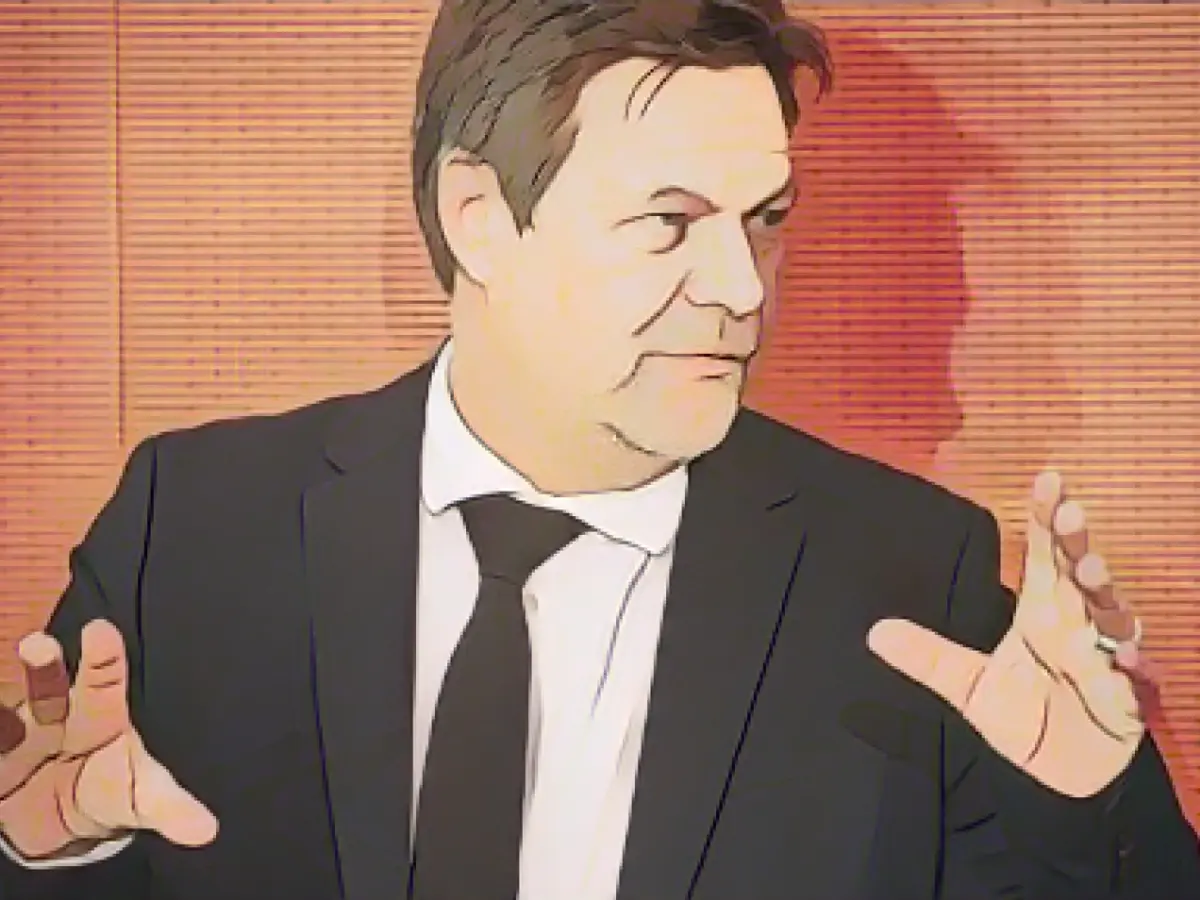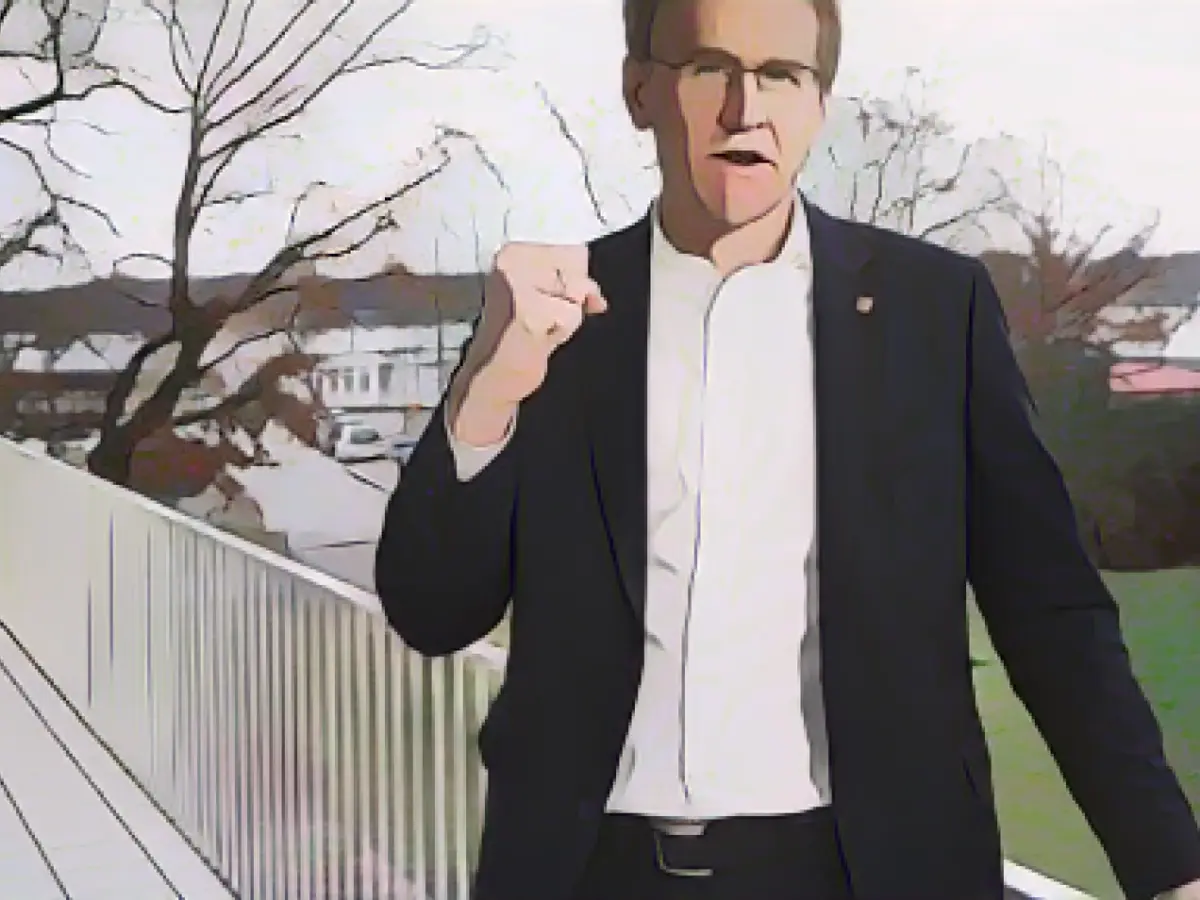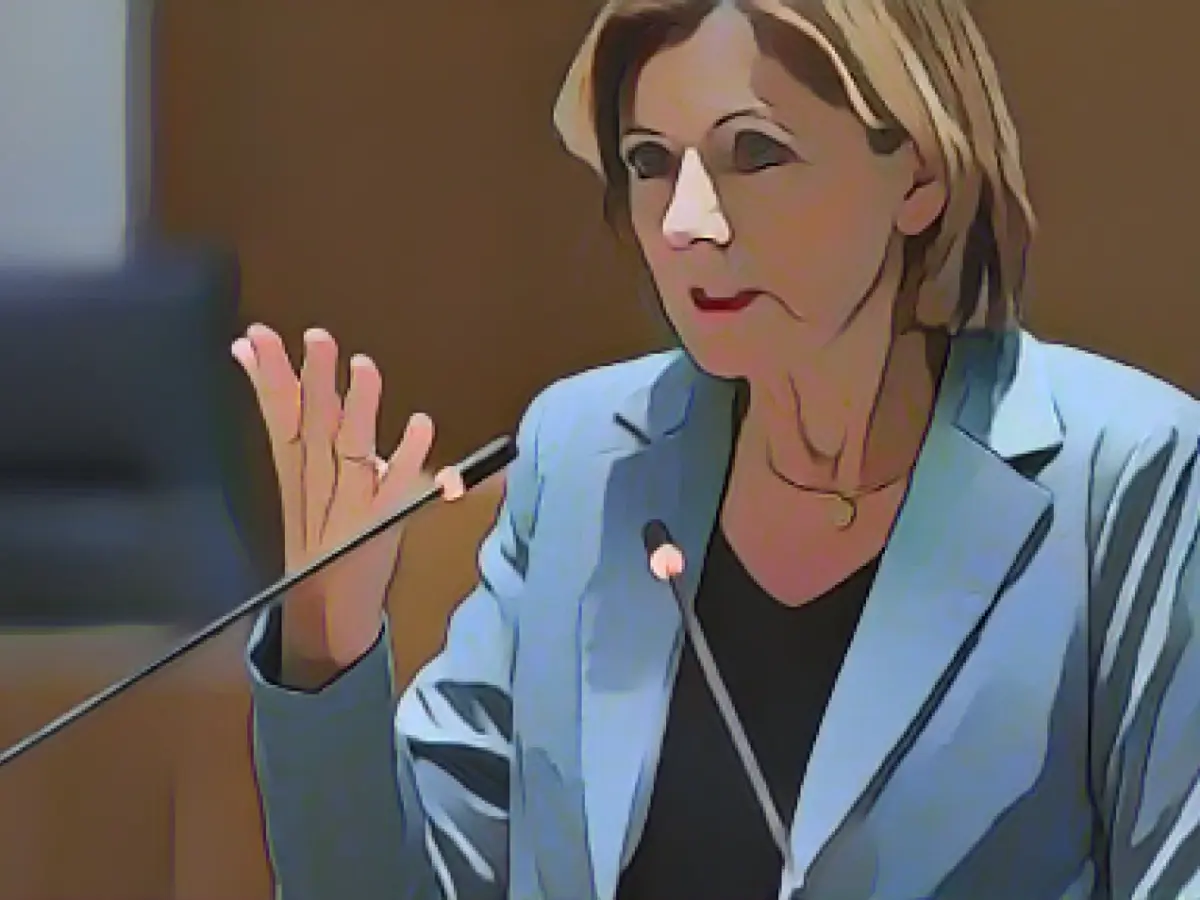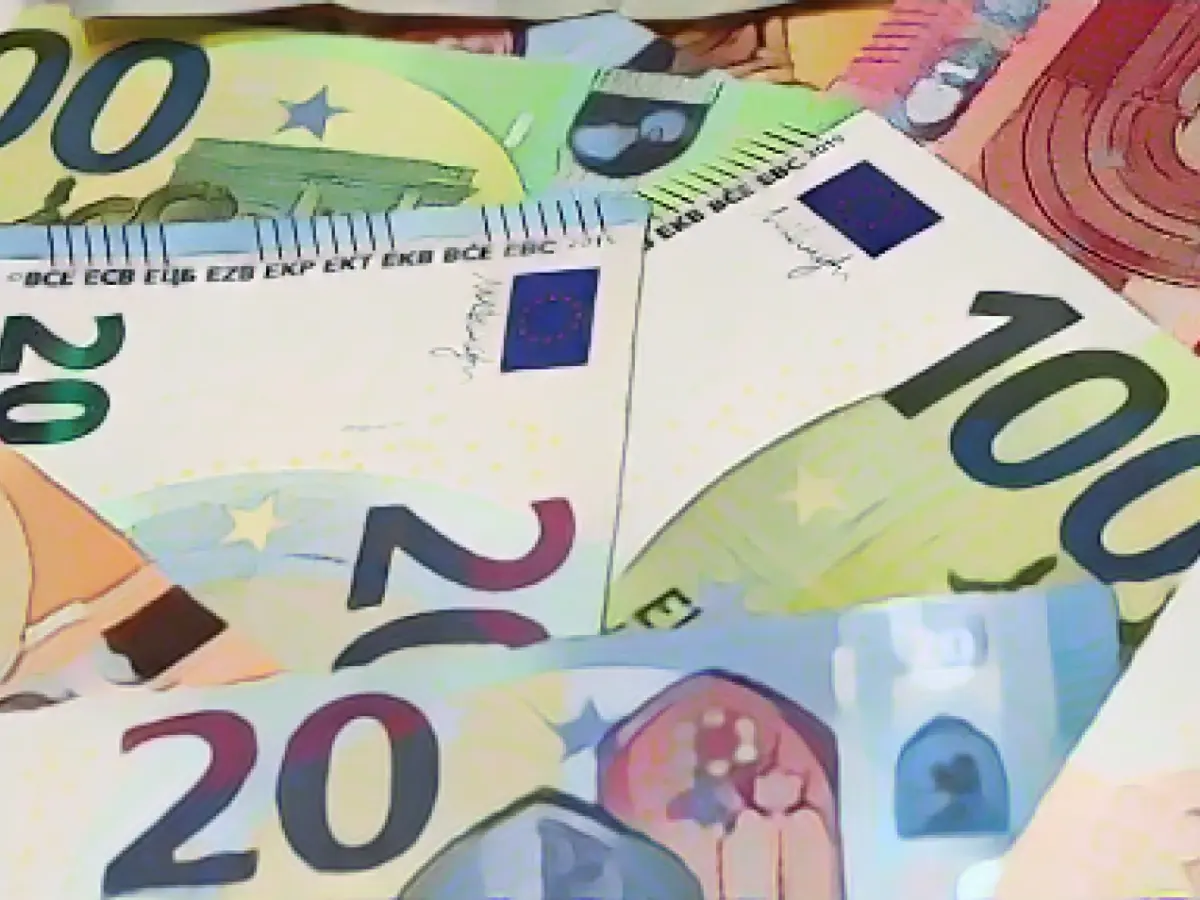Title: Federal Minister Habeck: Loans to Aid Flood-Stricken Ahr Valley a "Foregone Conclusion"
Federal Economics Minister Robert Habeck believes that suspending Germany's debt brake in the coming year to finance aid for households affected by the floods in the Ahr valley is a certainty. Addressing the Handelsblatt newspaper, Habeck, a Green politician, stated, "There's a clear agreement to provide the 2.7 billion euros for the Ahr valley via loans."
Last week, Federal Chancellor Olaf Scholz (SPD), Finance Minister Christian Lindner, and Habeck reached a compromise on the 2024 federal budget. The deal stipulated that the debt brake would not be temporarily suspended for now, but the government would evaluate the potential for exceptions in light of natural disasters or extraordinary circumstances. In the event of changes in the Ukraine situation, the traffic light coalition would reserve the right to suspend the debt brake and grant additional loans at a later date.
When asked whether a review of the flood aid exception could result in a negative outcome and necessitate additional budget negotiations, Habeck replied, "That won't be necessary." He asserted that there was also a clear agreement within the traffic light coalition as to when another emergency situation for financing Ukraine aid should be declared in the upcoming year.
The deliberations regarding the suspension of the debt brake and providing aid for the flood-stricken Ahr valley and potential Ukraine aid have spawned intense debates about fiscal policy and the efficacy of the debt brake rule in Germany.
Enrichment Insights:
- The debate over suspending the debt brake in Germany, especially for flood aid and Ukraine aid, reflects broader discussions regarding fiscal policy and the need for flexibility during crises.
- Positions on this matter diverge among political parties, making the upcoming election in 2025 a pivotal moment. Parties like the SPD, Greens, and BSW advocate for increasing investment and social welfare benefits, while the CDU/CSU, FDP, and AfD advocate for either reducing or eliminating certain benefits while maintaining fiscal rules.
- The legal and political implications of suspending the debt brake must be carefully examined due to the risk of judicial rejection. Temporarily suspending the debt brake or carving out specific expenditure envelopes for disaster relief is marked by both political consensus and potential judicial scrutiny.
- Olaf Scholz and his alliance partners in the traffic light coalition have signaled their intent to provide financial aid to the flood-affected Ahr Valley and explore the possibility of declaring an emergency situation for Ukraine aid in the coming year.
- The examination of an exception for flood aid will not necessitate additional budget negotiations, according to Habeck, the Economics Minister.
- Recent compromises on the 2024 federal budget have postponed the suspension of the debt brake, but the invitation for exceptions in extraordinary circumstances is on the table.
- The political landscape in Germany revolves around fiscal policy debates, particularly regarding the debt brake, amid the ongoing pandemic, war in Ukraine, and economic stagnation. Parties express varying opinions on whether to loosen or preserve fiscal rules.
Source:
Enrichment Data:
The debate surrounding the suspension of Germany's debt brake, specifically related to flood aid in the Ahr valley and aid for Ukraine, is founded on broader discussions about fiscal policy and the effectiveness of the debt brake rule. Here's a rundown of the situation and its potential consequences:
Current Scenario
- Debt Brake Rule: Introduced in 2009, the debt brake (Schuldenbremse) governs the federal budget by limiting the federal deficit to 0.35% of GDP and prohibiting new net debt among federal states.
- Recent Debates: Ongoing debates surrounding the debt brake stem from concerns about the COVID-19 pandemic, the war in Ukraine, and sluggish economic recovery. These conversations have led to a range of perspectives among political parties, contributing to the collapse of the previous government coalition.
- Snap Election: The 2025 snap election will probably focus on economic and financial matters, including the debt brake. Parties such as the SPD, Greens, and BSW are advocates for relaxing the debt brake in order to further investment and social welfare expenditures, while the CDU/CSU, FDP, and AfD seek the preservation or reduction of certain benefits while keeping existing fiscal rules in place.
Potential Repercussions
- Debt Brake Suspension:
- Legal Risk: Temporary suspension of the debt brake requires invoking constitutional exceptions for exceptional circumstances. This proceeding can be accomplished with a simple majority vote in the federal or state parliament, but it may incur judicial challenges if deemed excessive.
- Emergency Situations: The debt brake permits exemptions in emergency situations such as natural disasters or serious economic crises. However, the 2021 flood in the Ahr Valley and recent court rulings affecting pandemic-related borrowing highlight the stringent adherence to the debt brake rule.
- Flood Aid in the Ahr Valley:
- 2021 Flood: The Ahr Valley's 2021 flood, cottoned with 190 fatalities and considerable economic losses, underscored the necessity of improved flood risk management and better early warning systems. This could potentially demand temporary fiscal flexibility for recovery efforts.
- Fiscal Flexibility: Suspending the debt brake or creating exclusive expenditure envelopes for disaster relief might be considered to address such crises, but this would necessitate political accord and could encounter judicial examination.
- Ukraine Aid:
- Military Spending: The German government has already set a precedent by authorizing €100 billion in military equipment purchases following Russia's invasion of Ukraine. This precedent could induce justifications for carving out specific expenditure envelopes for Ukraine aid, which might involve state spending.
In a nutshell, suspending the debt brake for flood aid in the Ahr valley or for Ukraine aid bears complex implications that require careful consideration of political and legal shifts. Though temporary fiscal flexibility may be necessary to address disasters, any suspension or modification of the debt brake must adhere to constitutional obligations and steer clear of judicial rejection. The imminent election and subsequent government formation will likely shape these fiscal policy discussions.








